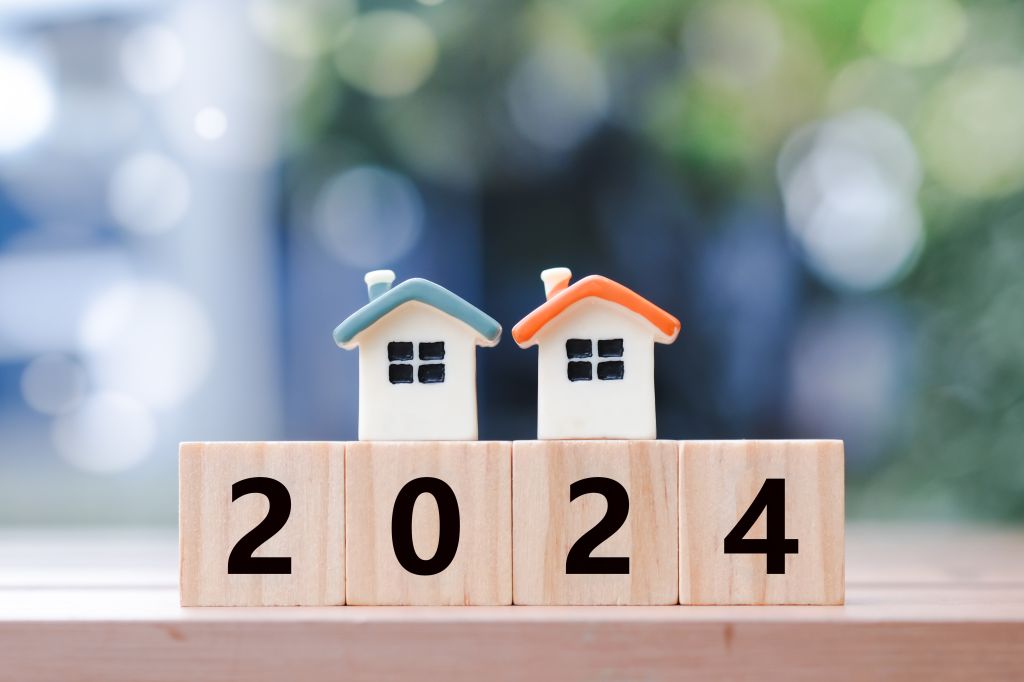Published January 5, 2018 • 4 Min Read
However, for Canadians who are five to 10 years away from the average voluntary retirement age in Canada – about 66 years old, according to Statistics Canada – is early retirement feasible?
Absolutely, says Evan Hickey, a financial planner with RBC Financial Planning in Halifax. The trick is to build a flexible financial plan. “Get a plan, check that plan and follow it – ideally with a financial planner who can work with you, throughout the years, to help make your plan become a reality.”
Mr. Hickey recommends answering the following three questions to determine the amount of money you require to live on in retirement, particularly because your money likely will have to last that much longer:
What will you definitely need to spend money on in retirement?
Make a list of life’s essentials– think food, utilities, mobile phone, car insurance, clothing and house taxes.
What will you not be spending money on in retirement?
If you’ve been contributing to a Registered Education Savings Plan (RESP) and your children are grown or they are now using the funds while in university or they have graduated, that’s one expense to cross off your list. The same applies for a mortgage already paid in full. And don’t forget smaller expenditures you’ll no longer need to open your wallet for: say, work wardrobe and commuting costs.
What new expenses do you foresee in retirement?
Chances are, if you are thinking about retiring early, it’s not so you can kick back and binge-watch Netflix for 30 years. Early retirees have hobbies or other life dreams they want to pursue while still in good health. In fact, some expenses can be higher during the first few years of retirement – especially if you do a lot of traveling – even with potentially more expensive health costs factored in later. So ask yourself what a happy, extended retirement looks like for you. If it includes world travel, a condo in Arizona, two days a week on the golf course or even going back to school, be aware that your retirement savings and government pensions will have to cover those extra costs – and still pay for core living expenses, too.
Start building your retirement plan with a budget
Everyone’s financial needs are going to be different, according to Mr. Hickey, so you should go through a budget exercise in order to determine what your individual retirement income needs will be. Then, as you transition into retirement, the discussions with your financial planner will become more focused on creating tax-efficient retirement income and figuring out how to ensure your funds will last throughout your retirement years.
The good news? Your retirement funds will include the Canada Pension Plan (CPP) and Old Age Security (OAS). Considering the average Canadian in retirement pulls in approximately $14,865 a year* from these pensions ($29,730 per couple), early retirement may actually seem viable for some baby boomers who are on the fence about when to retire.
Consider options like part-time retirement
There’s another planning strategy that could make early retirement a reality, says Robert Gignac, financial speaker and author of Rich Is a State of Mind. Working part-time or taking advantage of flexible work arrangements for a couple of years can act as a financial cushion. In this way, pre-retirees can continue to earn some income while waiting for markets to rebound.
“We’re making less income,” says Mr. Gignac, “but it can be a buffer that allows us to experiment with early retirement and find out if it’s what we thought it would be like.”
Mr. Hickey agrees that not everyone wants to leave the office behind, even if they have the financial means to make it happen tomorrow.
“Just because you’re reaching a certain age, doesn’t mean you have to retire. If you like what you’re doing and are happy with your life, consider yourself ‘retired’ – and work until you don’t want to any more.”
Based on 2017 CPP and OAS amounts:
https://www.canada.ca/en/services/benefits/publicpensions/cpp/cpp-benefit/amount.html
https://www.canada.ca/en/services/benefits/publicpensions/cpp/old-age-security/payments.html
This is an updated version of an article that originally appeared in The Globe and Mail in January, 2016.
This article is intended as general information only and is not to be relied upon as constituting legal, financial or other professional advice. A professional advisor should be consulted regarding your specific situation. Information presented is believed to be factual and up-to-date but we do not guarantee its accuracy and it should not be regarded as a complete analysis of the subjects discussed. All expressions of opinion reflect the judgment of the authors as of the date of publication and are subject to change. No endorsement of any third parties or their advice, opinions, information, products or services is expressly given or implied by Royal Bank of Canada or any of its affiliates.
Share This Article






